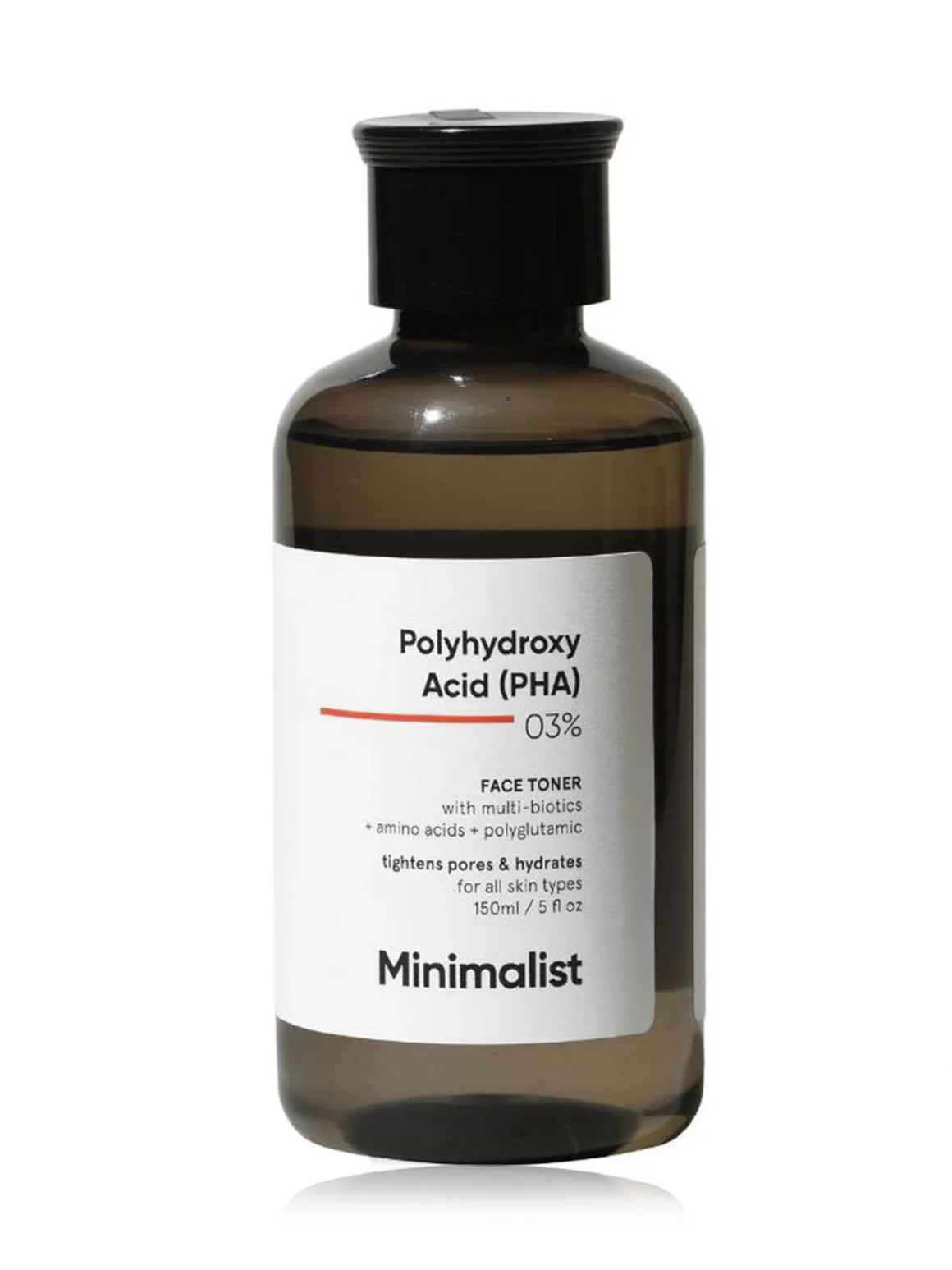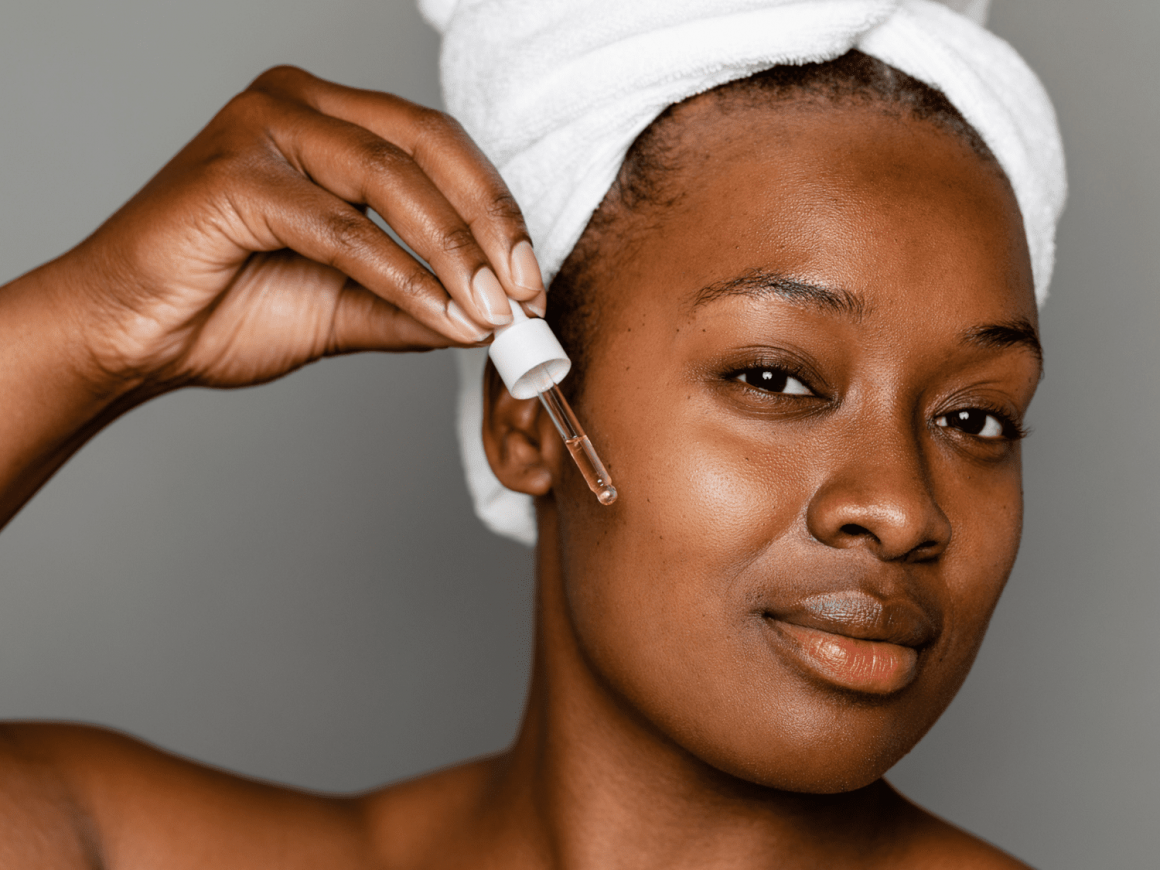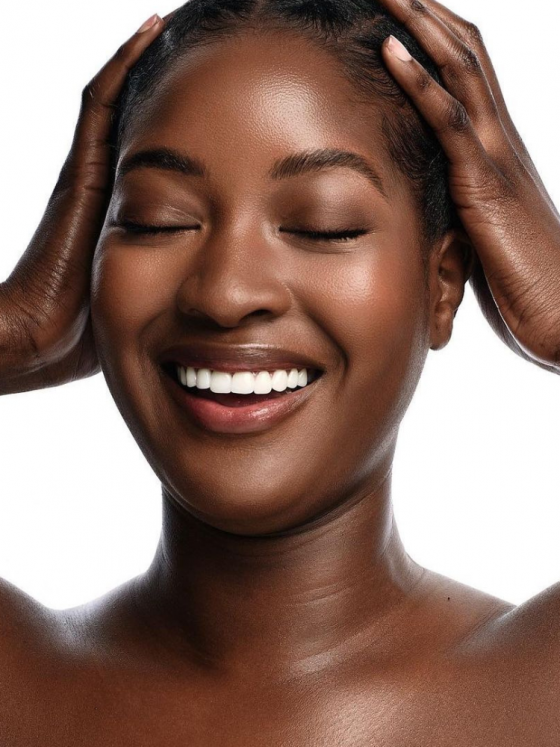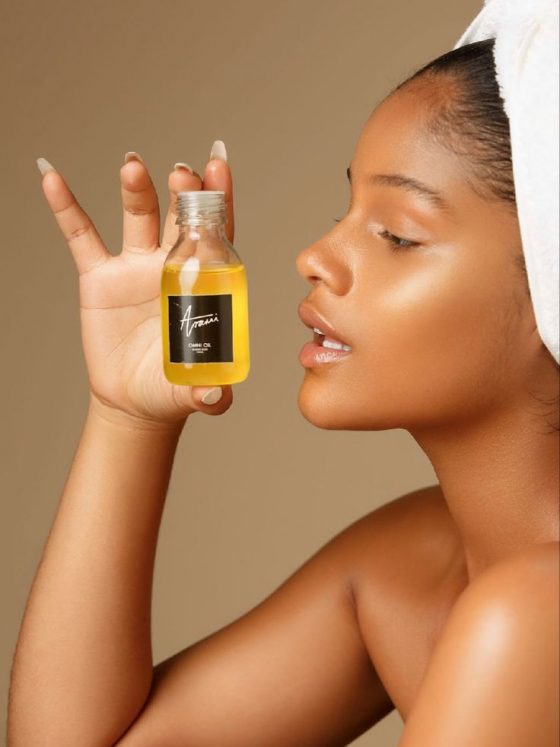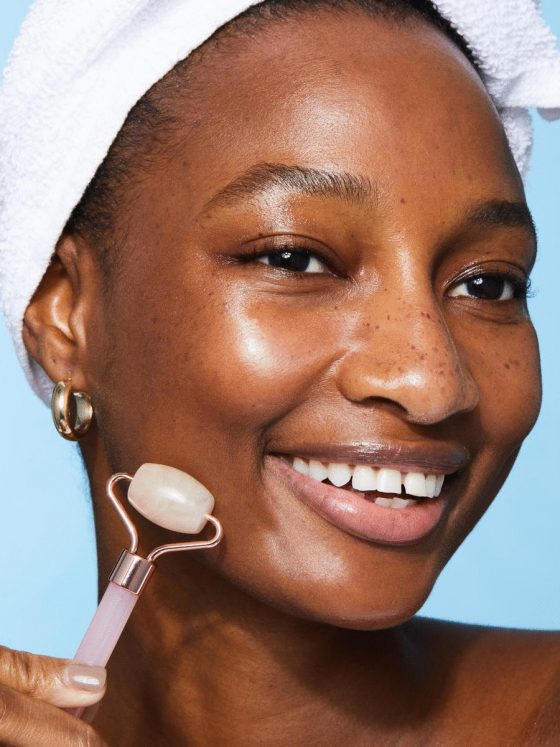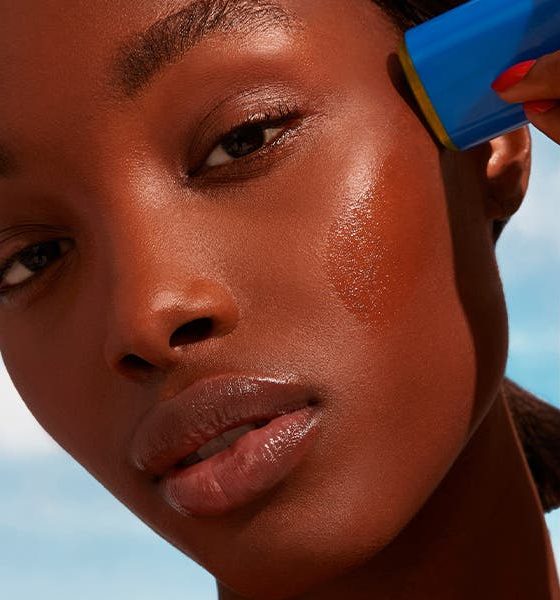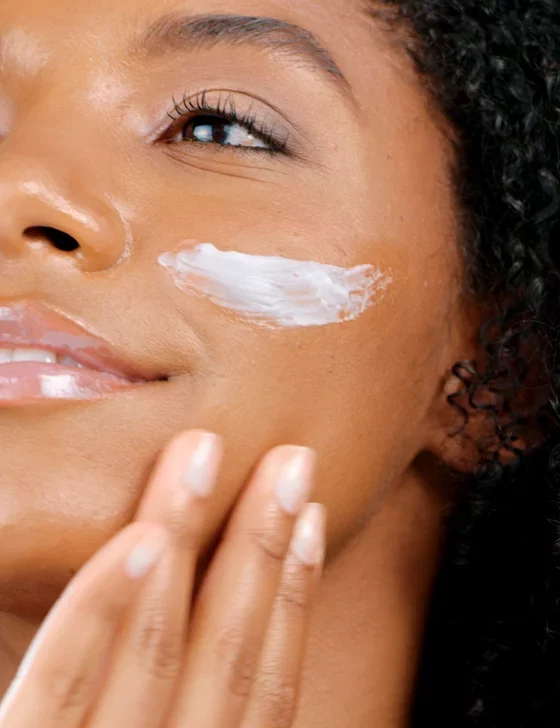Retinol has long reigned as the gold standard in anti-ageing skincare, revered for its unparalleled ability to reduce wrinkles and improve skin texture. However, for all its benefits, retinol can be a double-edged sword, especially for those with sensitive skin. If you find yourself steering clear of this potent ingredient due to irritation or dryness, don’t worry much about it—there are several gentler alternatives that are just as effective at keeping your skin radiant and youthful.
1. Bakuchiol: Nature’s Gentle Counterpart
Topping the list of natural retinol alternatives is bakuchiol, a botanical extract that has gained popularity for its retinol-like effects without the harshness. Derived from the seeds and leaves of the babchi plant, bakuchiol targets fine lines, wrinkles, and uneven skin tone. What makes bakuchiol stand out is its ability to boost collagen production and accelerate cell turnover, all while being gentle enough for sensitive skin types. Studies have shown that when used consistently, bakuchiol reduces signs of ageing comparably to retinol but with fewer side effects like peeling or redness.
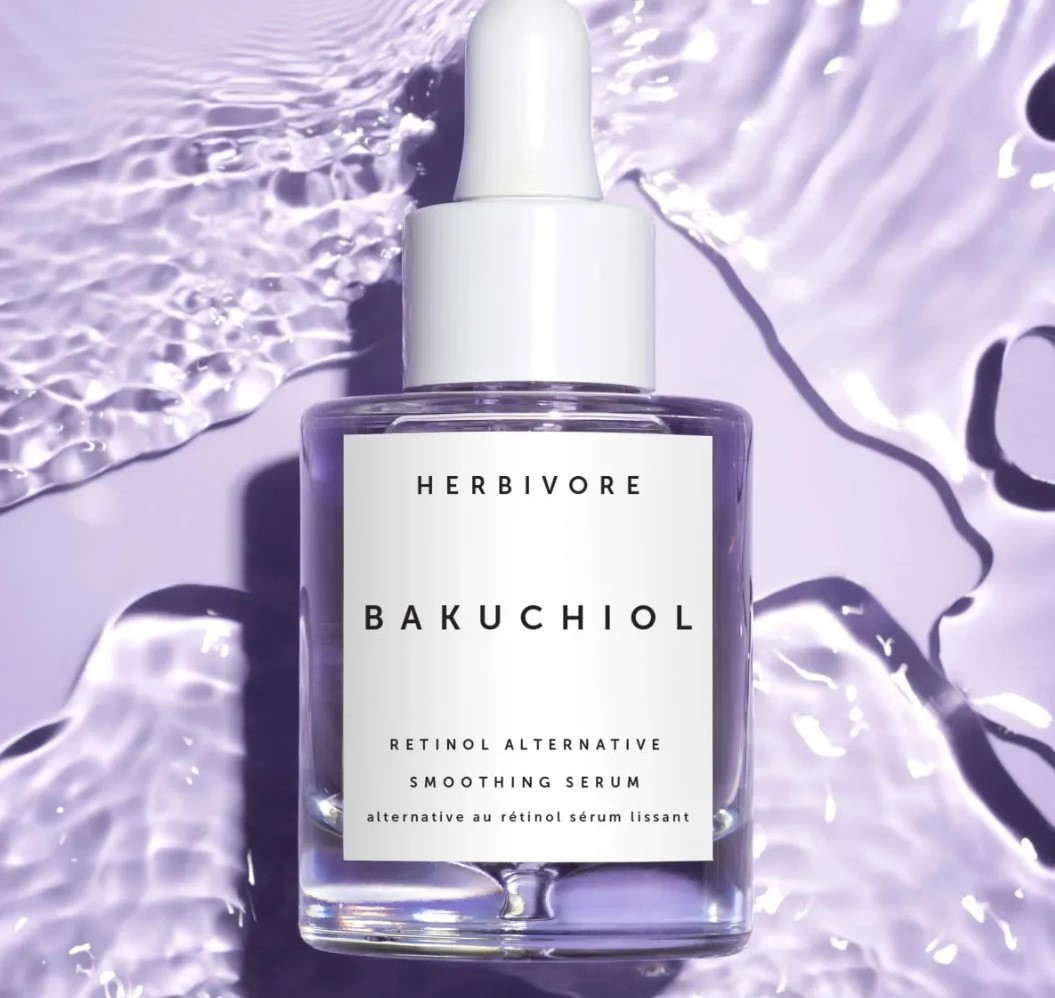
2. Niacinamide: The Multitasking Maven
Niacinamide, or vitamin B3, is a powerhouse ingredient that works wonders for a myriad of skin concerns. It helps build proteins in the skin and locks in moisture to prevent environmental damage. Unlike retinol, niacinamide is less likely to cause irritation, making it an excellent choice for those with eczema or rosacea. Regular use of niacinamide can also refine skin texture, diminish pore size, and fade pigmentation. Its anti-inflammatory properties help soothe the skin, providing a calming effect that retinol often lacks.
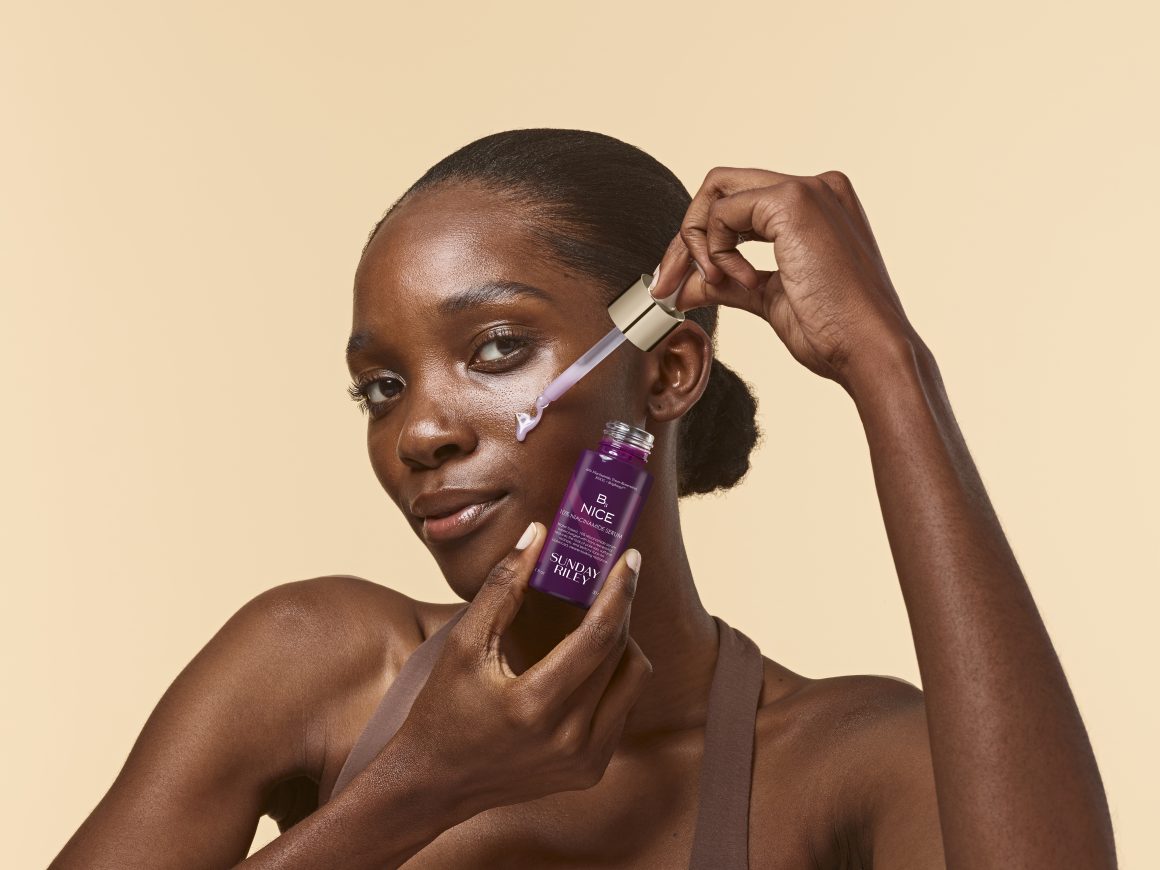
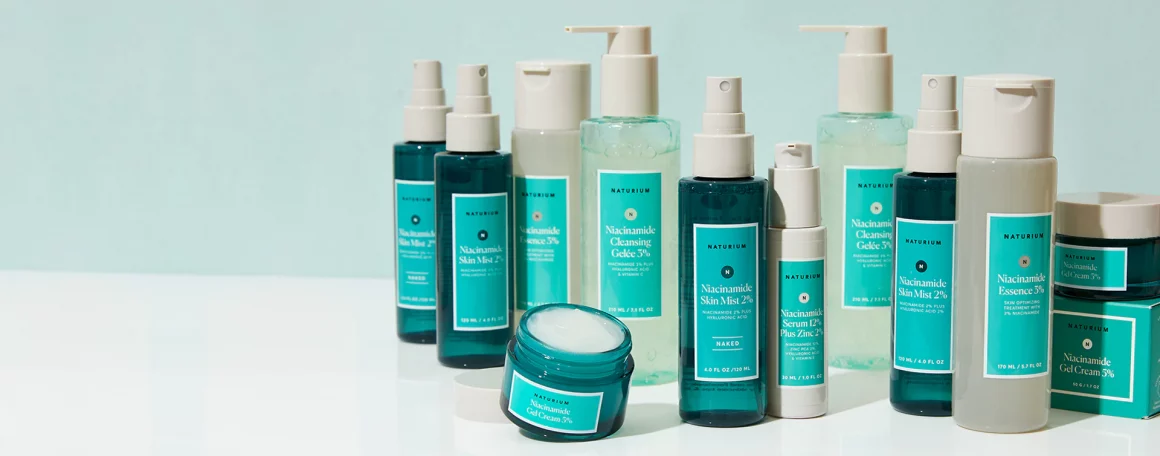
3. Peptides: Building Blocks for a Youthful Complexion
Peptides are short chains of amino acids that serve as the building blocks of proteins such as collagen and elastin in the skin. These proteins are crucial for maintaining the skin’s youthful firmness and elasticity. Peptides stimulate collagen production and repair damaged cells, leading to a reduction in wrinkles and fine lines. Because they naturally occur in the body, peptides are typically well-tolerated, making them a suitable retinol alternative for sensitive skin.
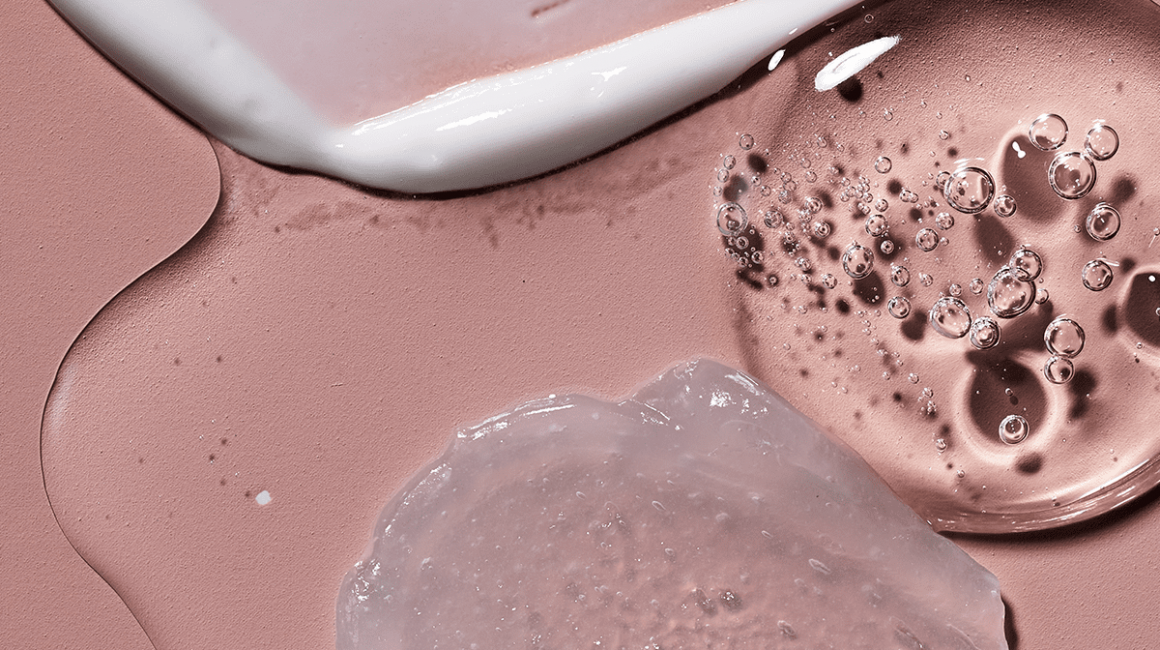
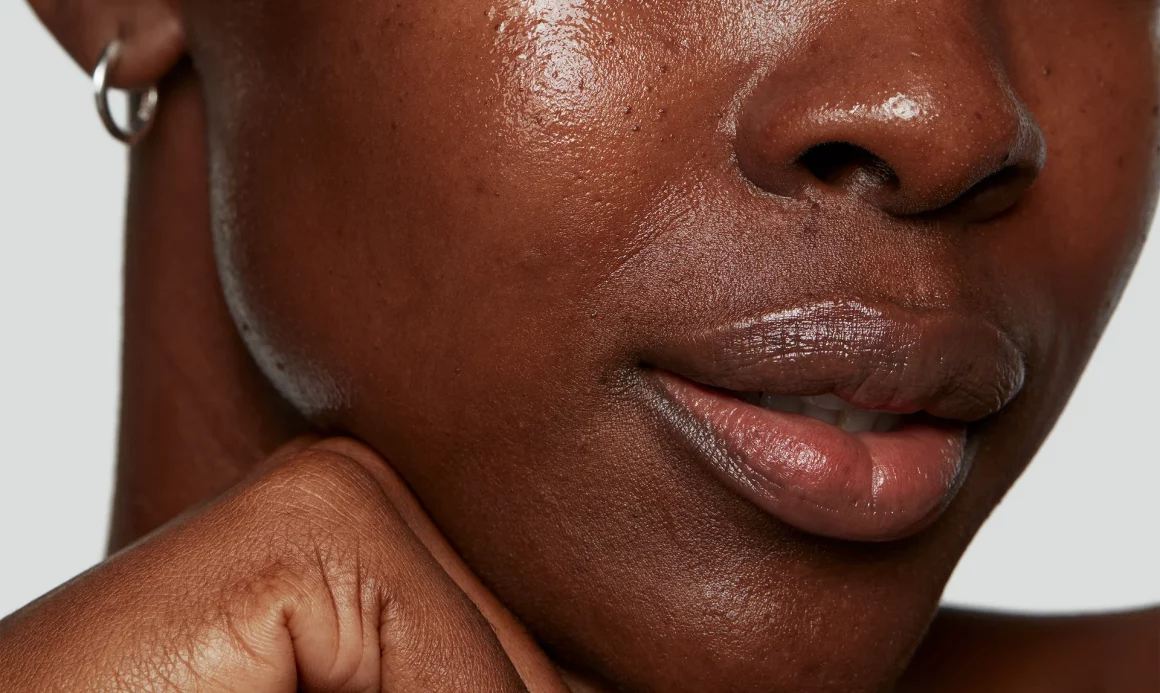
4. Vitamin C: The Brightening Antioxidant
Vitamin C is not only essential for your health but also for your skin. This potent antioxidant helps to neutralize free radicals and aids in your skin’s natural regeneration process. By promoting collagen production, vitamin C helps to keep the skin firm and reduces the appearance of fine lines. Moreover, it has the added benefit of brightening the skin tone and fading dark spots, which can often be more challenging with retinol. For the best results, look for serums that contain L-ascorbic acid, the most potent form of vitamin C.
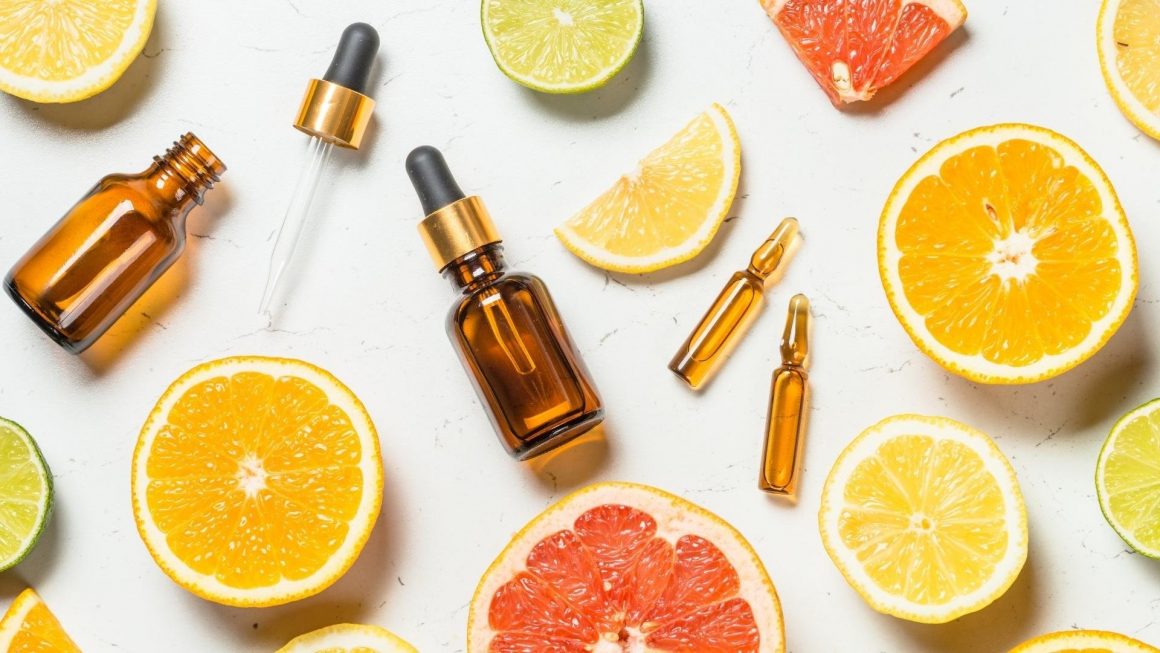
5. Alpha Hydroxy Acids (AHAs): The Smoothing Specialists
If exfoliation is your primary goal, alpha hydroxy acids like glycolic and lactic acid are excellent alternatives to retinol. These water-soluble acids work by dissolving the bonds between dead cells on the skin’s surface, promoting smoother and more radiant skin. AHAs are particularly effective in treating dullness, uneven texture, and pigmentation. However, they can be drying if overused, so it’s crucial to find a formulation that includes hydrating ingredients and to use them sparingly at first.
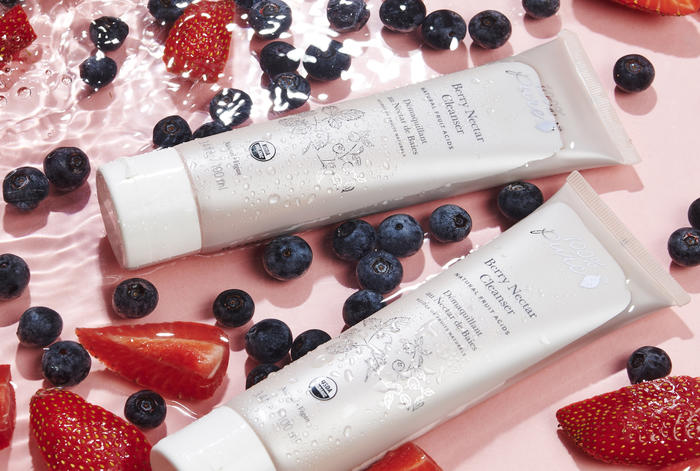

6. Polyhydroxy Acids (PHAs): The New Generation
Polyhydroxy acids are considered cousins of AHAs but are much gentler on the skin. PHAs like gluconolactone and lactobionic acid provide similar exfoliating benefits without penetrating too deeply into the skin, which minimizes the risk of irritation. This makes PHAs perfect for those with sensitive or reactive skin. Besides their exfoliating properties, PHAs also attract moisture to the skin, helping to keep it hydrated and plump.
